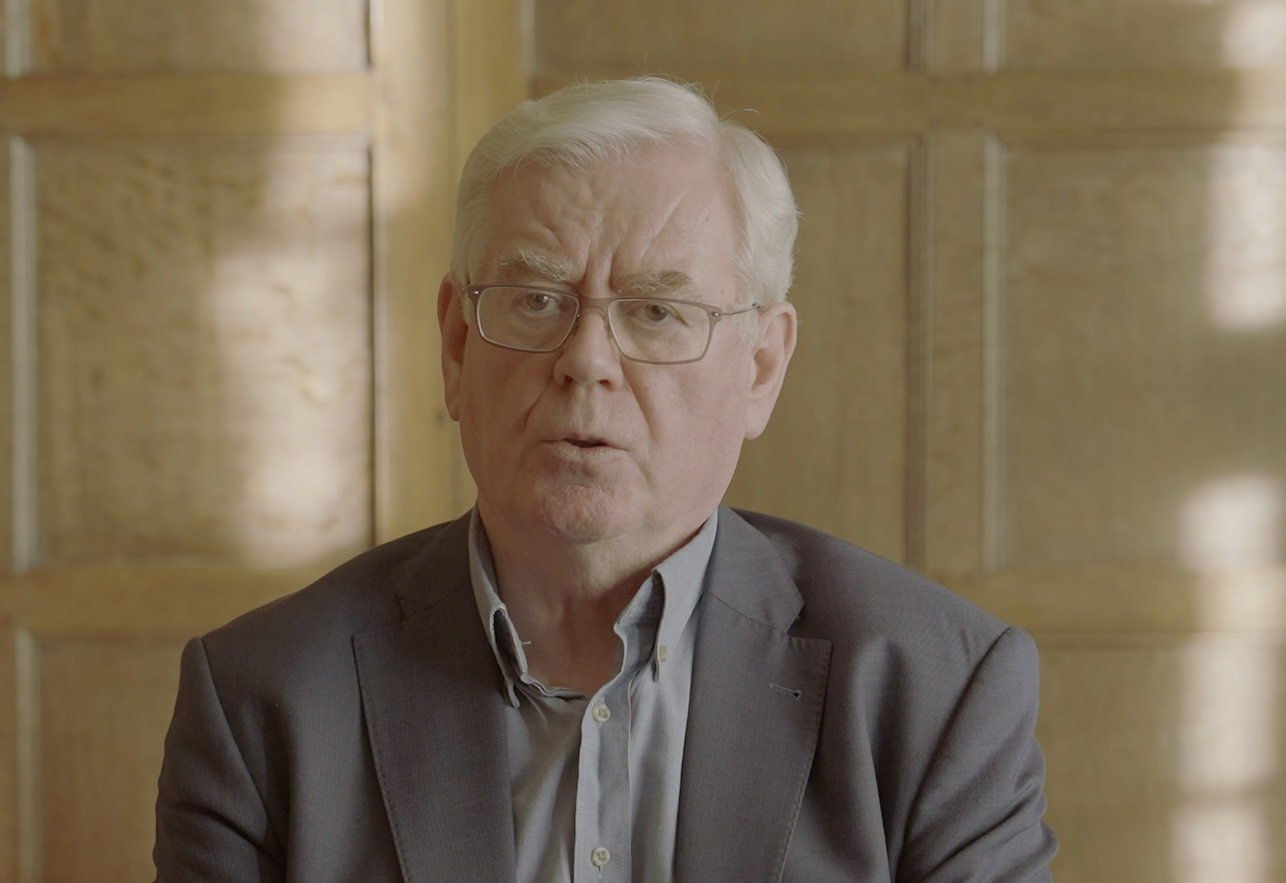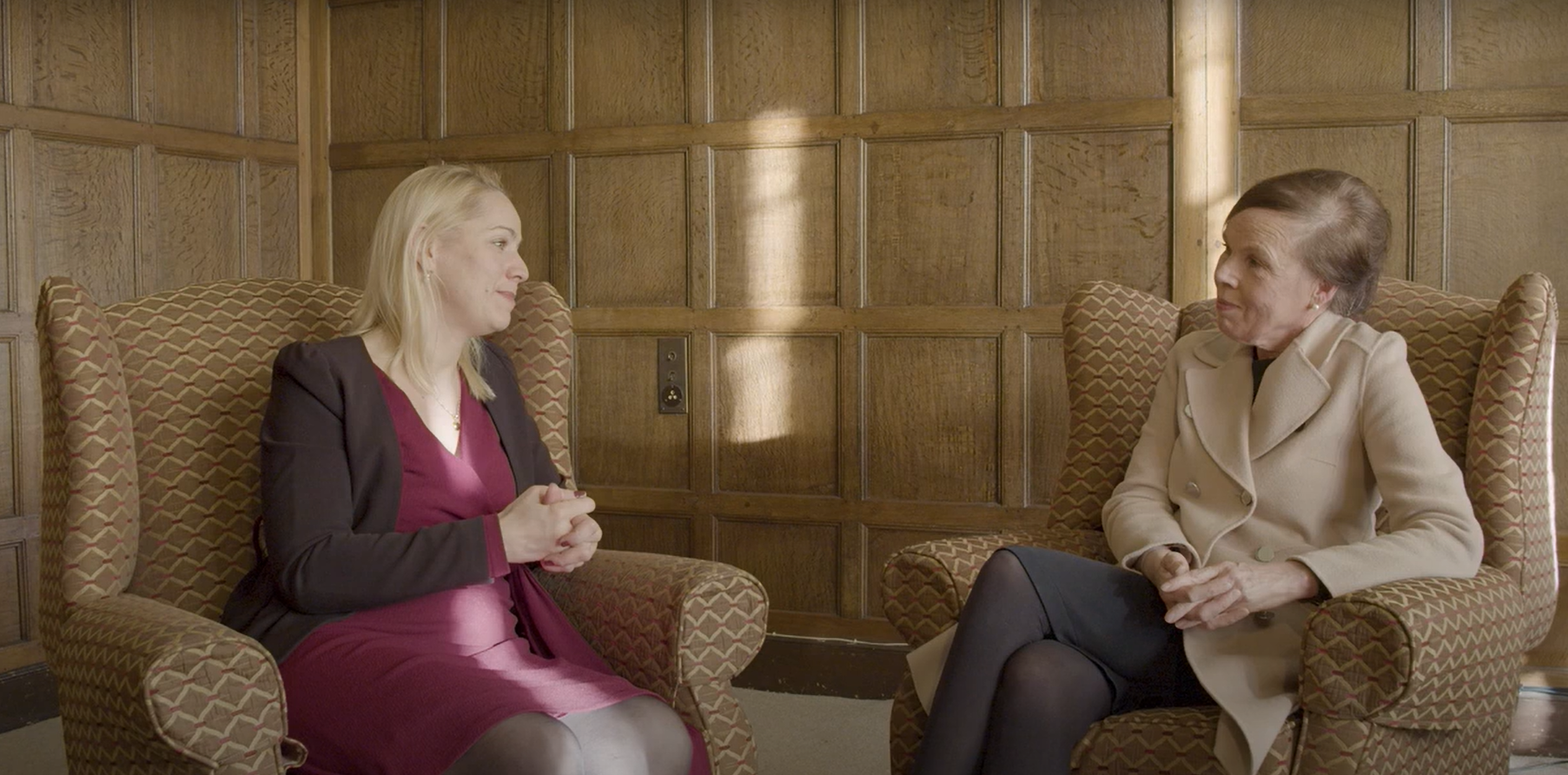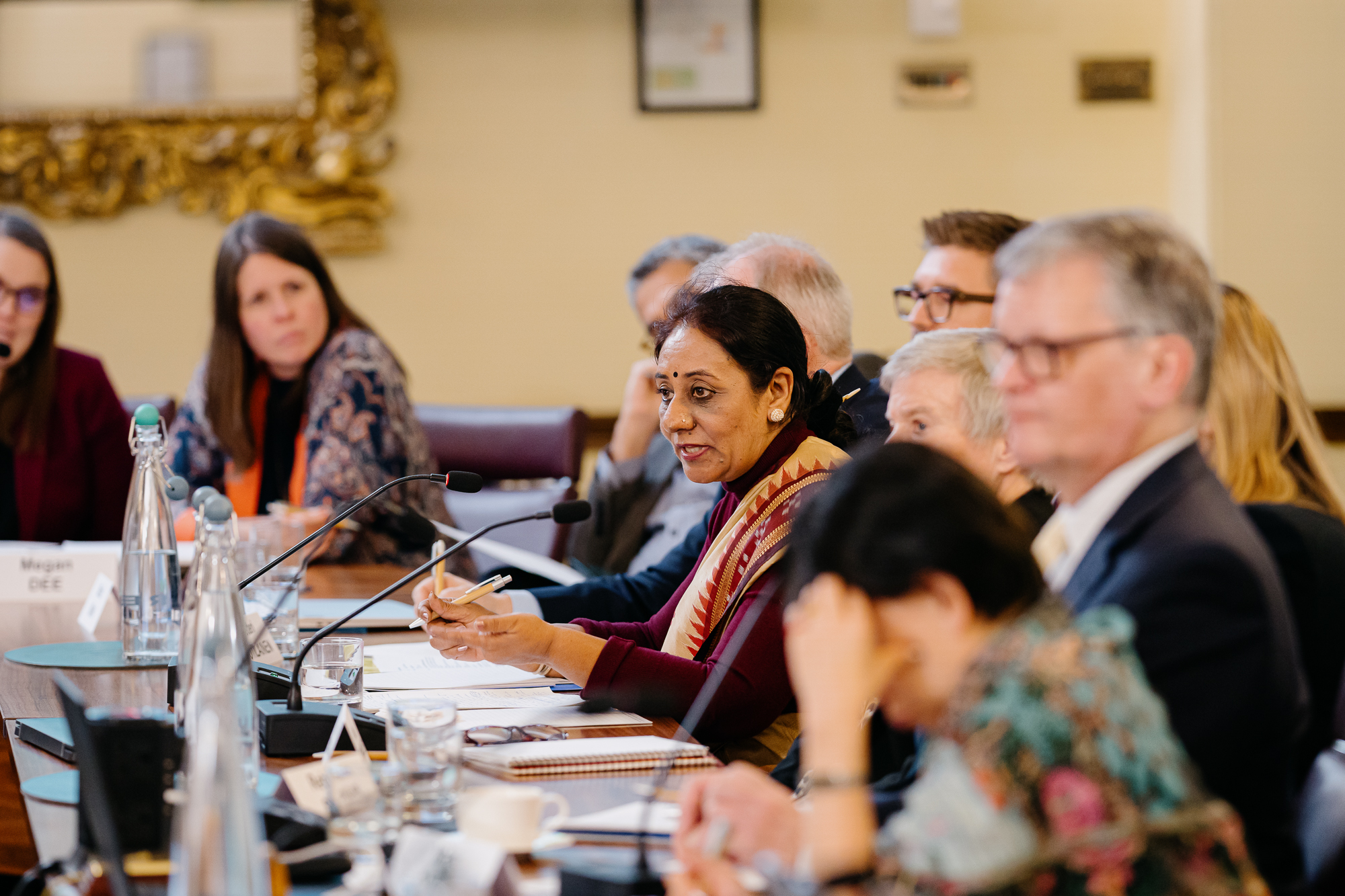Conference conclusions:
Given such a broad topic as ‘managing risk’, agreement among all participants was neither possible nor desired. In future policy making, it would not be easy to strike the balance between the danger of excessive regulations infringing personal liberties, on the one hand, as opposed to the need, on the other hand, for a government to protect its citizens from risks. What is clear is that such a debate needs to take place. In any democracy, it is not helpful if either a government or its citizens avoid such a debate, because then risk management becomes likely to be risk manipulation.
This first Wilton Park conference on the general theme of risk management, provided a helpful learning experience that set out the interdisciplinary parameters of risk. Individuals, groups and governments will all be increasingly confronted with the need to balance cultural, economic, political and scientific understandings of risk perception and risk management. In this ‘cultural conflict’ between emotion and evidence, risk leadership is necessary in which decisions are grounded in integrating political, economic and scientific understandings of risk applying the principle of subsidiarity and reigning in both the compensation culture and the excessive application of the precautionary principle. This interdisciplinary quest for a coherent approach to risk management requires integrating political, economic and scientific understandings of risk, with both a democratic government and its citizens recognising the importance of risk perception and risk management.












